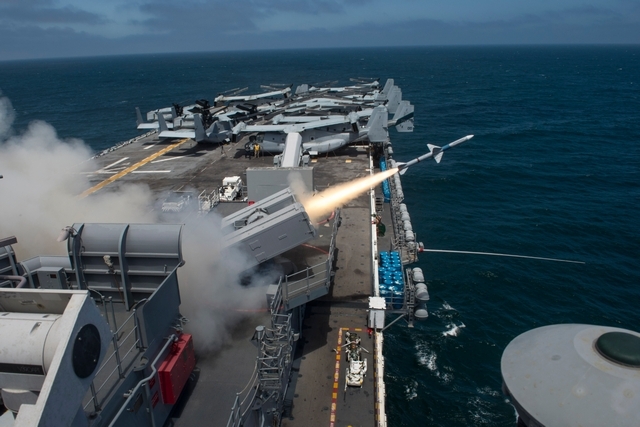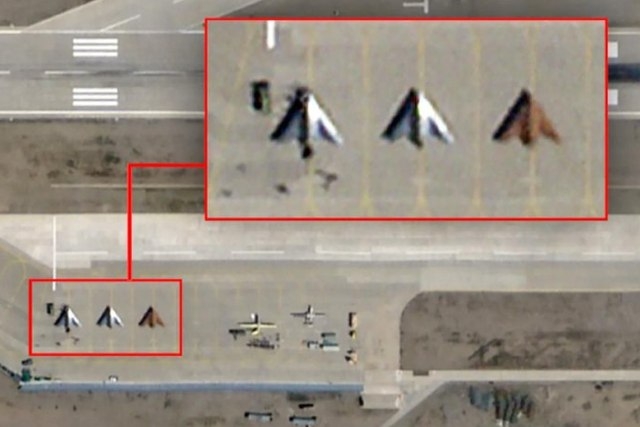Amphibious Assault Ship, USS Boxer Experienced Rudder Failure
A rudder bearing supports and enables smooth movement of a ship's rudder, crucial for steering control.

The operational capabilities of the U.S. Navy's amphibious assault ship USS Boxer (LHD 4) were temporarily impaired following an unexpected rudder failure, recently.
Fleet Readiness Center Southwest (FRCSW) swiftly addressed the mechanical fault on the ship. A rudder bearing supports and enables smooth movement of a ship's rudder, crucial for steering control.
Kurt Saunders, Division Head for the Materials Engineering Laboratory at FRCSW, highlighted their rapid diagnostic efforts. Through meticulous analysis, utilizing advanced forensic techniques, FRCSW identified debris in the bearings' grease samples, tracing it back to the failing components themselves.
When unexpected debris was discovered in grease samples from the rudder's bearings, it was up to the skilled analysts at FRCSW to determine the composition and source of this debris. Utilizing advanced techniques such as energy dispersive X-ray spectroscopy (EDS) with their sophisticated electron microscopes, they were able to identify the debris as material from the failing bearings. This identification confirmed the source of the problem and guided the subsequent repairs, ensuring that the right corrective actions were taken swiftly.
This analysis allowed for a targeted approach to repairs, avoiding unnecessary work that could delay the ship's return to operational status. Second, it provided definitive data that supported the decision-making processes of the engineering teams responsible for the maintenance and readiness of the fleet. By pinpointing the exact nature of the failure, FRCSW helped streamline the repair process, saving time and resources.










